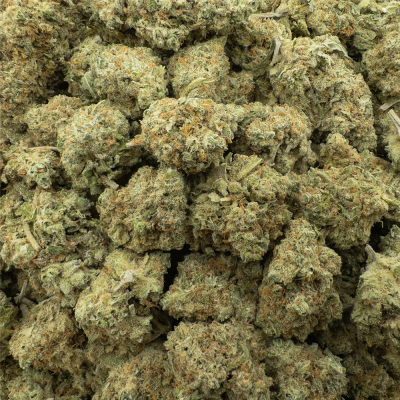The infamous argument on the legalization of marijuana remains to be a hot topic for lots of decades currently. Although the U.S. Food and Drug Administration (FDA) does not recognize or authorize making use of Marijuana sativa or the marijuana plant as a sensible medication, a number of American states have legislated marijuana for medical as well as entertainment objectives.
Nonetheless, the lack of large-scale scientific tests and inconsistencies in the findings of previous researches have actually fallen short to surpass the risk of marijuana use amongst patients that it might potentially deal with. Today, marijuana tops the list of medicines under Controlled Substances Act (CSA), which categorizes it as an Arrange I medicine. Delta-9-tetrahydrocannabinol (THC), which is an active ingredient in marijuana, has hallucinogenic residential or commercial properties that can cause a high in people that utilize it as well as thus boosts the risk of creating increased dependancy on the medication. Marijuana, which is the most typically made use of immoral compound in the U.S., is particularly prevalent among adolescents and young adults.
According to the 2016 Keeping track of the Future study (MTF), 68.9 percent of secondary school seniors do not view cigarette smoking marijuana as dangerous yet 68.5 percent are against the normal cigarette smoking of marijuana. This expectation postures a public wellness problem since marijuana usage has short- and also long-term wellness repercussions, such as transformed senses, changes in mood, inadequate memory, troubles in analytic as well as decision-making, boosted heart price, breathing problems, paranoia, and so on.
Effect of marijuana on brain
Because THC acts on the particular mind cell receptors that usually react to the all-natural THC-like chemicals, the discovery of the visibility of cannabinoid receptors in the brain by Miles Herkenham and his group at the National Institute of Mental Health And Wellness (NIMH) in 1989 unlocked the door of enigma. This was a major milestone in comprehending the results of marijuana in human beings. Below are a few of the results of marijuana that emerged after years of study and also medical trials:.
Changes in sleep pattern: As one of the most questioned signs and symptoms of marijuana use, some study and also researches suggest that high level of THC can cause rest issues and restlessness. Although the accumulation of tolerance is suspected to alter rest patterns in marijuana individuals, it is known that the visibility of THC lowers the period of rapid eye movement sleep (REM) throughout rest, a stage throughout which a person often tends to desire.
Increase in heart price: Marijuana use can set off coronary infarction. When a person makes use of marijuana, boosted heart rate is an usual phenomenon. Research studies have discovered that there is 4.8 times risk of cardiac arrest after smoking cigarettes marijuana.
Desire for munchies: A stoked hunger is an usual result of marijuana usage. Prior research study has actually uncovered that cannabinoid receptors in the hypothalamus can activate the release of hormones leptin and neuropeptide Y that cause cravings.
Memory problems: Marijuana usage influences the brain region referred to as hippocampus, which plays an essential function in the development of brand-new memories. Although marijuana use does not ruin old memories, it inhibits the creation of new memories by altering the mobile process of the hippocampus. Research studies suggest that the lasting use marijuana decreases an individual’s intelligence and creates problems in assuming and problem-solving, which fall short to enhance even after the individual quits the drug.
Diminishment in body language: Miles Herkenham located that a package of cannabinoid receptors is located in the hippocampus, amygdala, striatum and brain. Brain regions like the striatum and also substantia nigra are accountable for working with motions. When THC exists in a person’s system, it interrupts his/her electric motor control ability as experienced in the case of alcohol. This postures a lot of threat, specifically when a marijuana individual takes the control of the wheel after utilizing marijuana.
Look for assistance to prevent aggravation of illness
In a fairly short period, marijuana goes through the lungs right into the bloodstream. When THC binds to the cannabinoid receptors in the mind, it triggers a sense of ecstasy and other immediate impacts, such as adjustments in depth perception, altered sense of time, impaired movement, mood swings, cognitive problems, and so on. These changes often tend to end up being much more prominent in individuals that have a background of frequently using the medicine.






